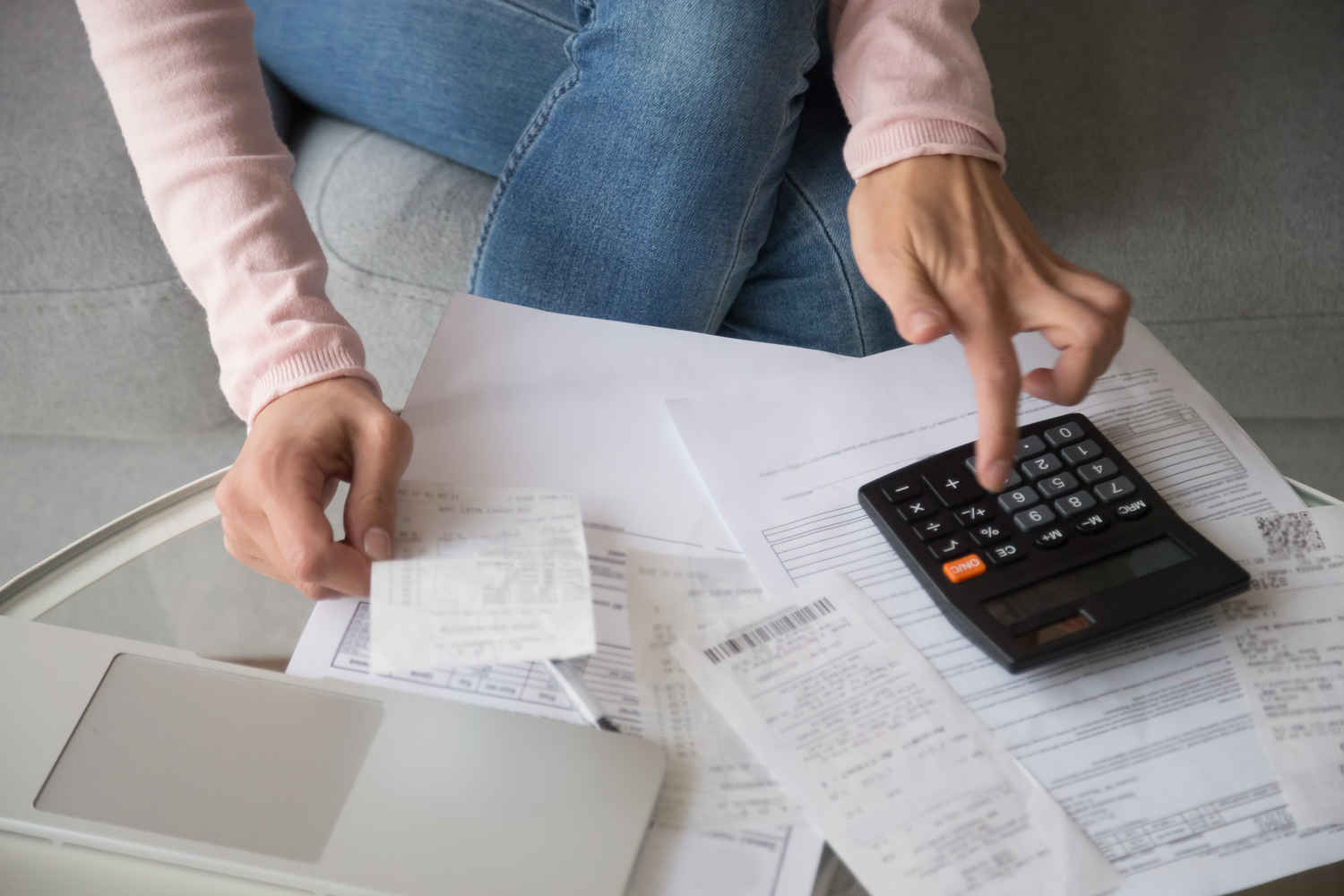
6 Identity Theft Red Flags
Identity theft occurs when a person steals another person’s credentials and information to make unauthorized purchases or transactions. There are different types of identity theft, for example, child identity theft, medical theft, financial theft, and criminal theft. Unfortunately, identity theft is quite common today due to the use of technology, with many people not properly protecting their private digital information.
However, identity theft crimes can happen to anyone and anytime and may result in the following red flags:
1. Strange bank statement charges
It is quite shocking to find unauthorized charges on your bank statement when you go to make a major purchase or pay your rent. When this happens, typically, it means someone has access to your credit or debit card. However, an identity theft protection program calls for quick action whenever you experience this type of trauma. For example, contact the bank in person and inquire from them about the charges. Through this process, they will secure your credit card. Most importantly, to avoid this fraud, you can also use Identity Guard, which protects consumers from malicious activities via their digital devices.
2. Calls from debt collection
Calls from debt collectors are intimidating and quite scary, especially when you don’t know why. In fact, one of the tricks identity scammers uses to get your private information may be calling and demanding you pay a particular debt you’re unaware of. Whenever a debtor collector calls, ask them to identify themselves, the company they work for, and let them also clarify how much you owe. Then, if you do recognize the debt as your own, look the company up online to see if it’s legit before calling them back with any private information.
3. Bounced checks
Bounced checks happen when a bank cannot process a payment due to insufficient funds in an account. On top of that, the bank will charge NSF fees, which can be quite damaging to your savings. If a scammer gets ahold of your banking information, they may make charges that cause you to bounce checks. If this occurs, contact your banking institution immediately to secure your account, replace any compromised banking or credit cards, and attempt to get refunds for bogus charges.
4. Unauthorized activity on credit cards
It is wise to keep an eye on your credit card statements for charges you don’t recognize. If you do see suspicious charges, your credit card information may have been stolen. In this case, contact your credit card company immediately to get a new card and pin number. Then file a report to the credit card issuer to inquire about stopping any charges on suspicious activity.
5. Unfamiliar bills
It is quite disheartening to receive unfamiliar bills, and it is one way to know you may be a victim of identity theft. To avoid this form of fraud, ensure you have a clear record of all the purchases and payments you’ve made. If you notice irregularity with your bills, report the case to a company, like ID Watchdog, who will take the relevant actions to stop the suspicious bills.
6. Tax issues
Identity theft tax fraud is the most common theft across the globe, with many losing millions of dollars every year to scammers who’ve gotten a hold of their private information. These conmen use your personal information or SSN to steal your private information without your knowledge. To avoid these scenarios, do not conduct private or banking information on public Wi-Fi, or use a secure SSN with a VPN. Additionally, you can reach out to IdentityForce, who will provide you with theft protection software.
Identity theft is quite financially and emotionally disheartening, however, these crimes can be prevented by incorporating best identity theft protection measures like reaching out to relevant authorities and securing your information using the proper privacy software.


